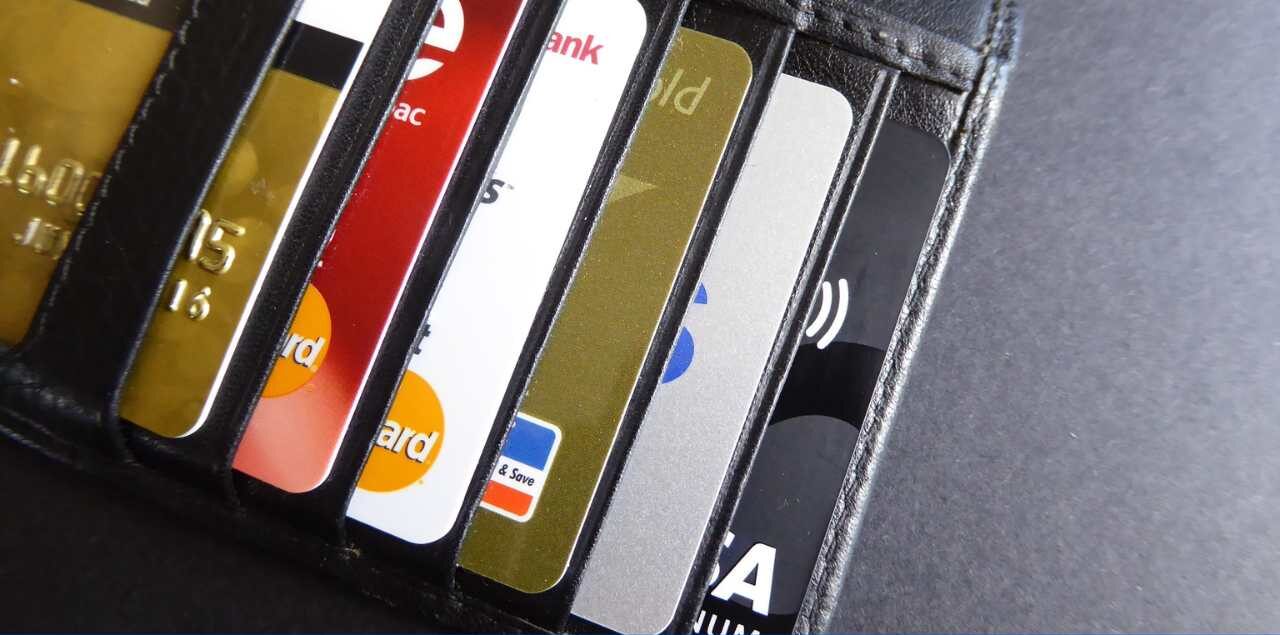A credit card is a payment card that allows users to borrow funds for purchases. It requires repayment with interest and possibly additional fees.
Navigating the world of credit cards can be a daunting task, with numerous offers, rates, and terms to consider. These plastic or metal cards are a staple of personal finance, offering convenience and the chance to earn rewards while building credit history.
Understanding the basics, such as credit limits, interest rates, and the importance of timely payments, is crucial for financial health. Choosing the right credit card involves comparing benefits like cash back, points, or miles with the costs of annual fees and interest rates. Responsible use of credit cards is a stepping stone to achieving a solid credit score, which can lead to better financial opportunities.
Choosing The Right Credit Card
Choosing the right credit card involves evaluating rewards and benefits. Consider cards offering cash back, points, or travel miles. Your spending habits can guide you. For daily expenses, a card with grocery and gas rewards may suit you. For frequent travelers, cards with airline miles and no foreign transaction fees are ideal. Always compare the annual fees and interest rates. Look at the bonus offers for new cardholders. Ensure the benefits outweigh the costs.
Tip: Use online tools to track spending. This data helps pinpoint the most beneficial card. Cards with flexible redemption options offer more value. Remember, the best card fits your lifestyle and provides maximum rewards for your spending.
Strategies For Maximizing Rewards
Maximizing rewards from credit cards requires smart strategies. Understand the difference between rotating categories and flat-rate rewards. With rotating categories, you earn high rewards in specific areas that change quarterly. To get the most out of these, you need to track the categories and plan your spending










